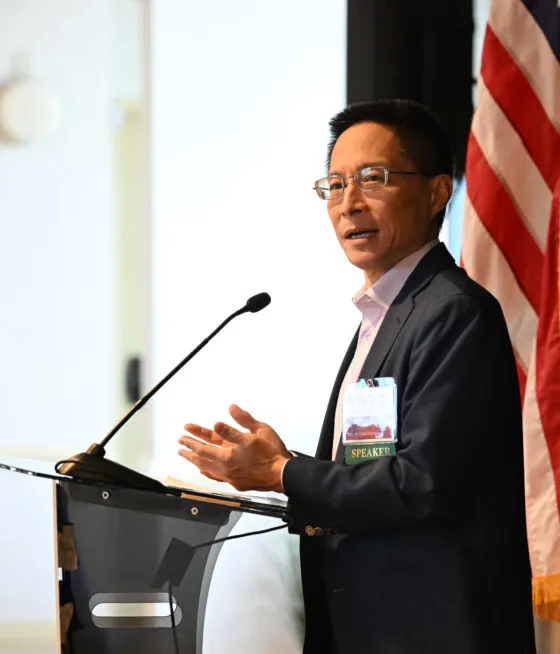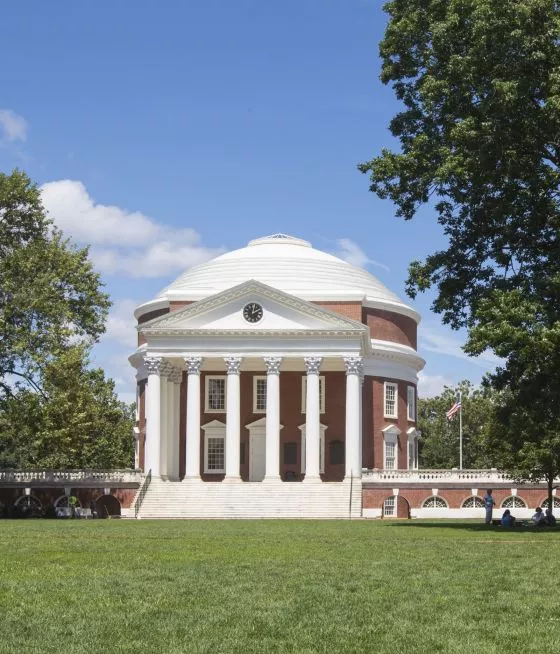Events
Featured Event
4th National Summit on Civic Education
Join organizations and philanthropists committed to reinvigorating American civic education with our nation's founding principles.
See Event Details







